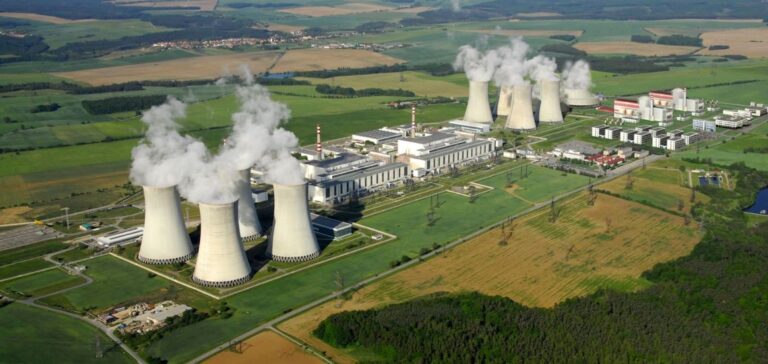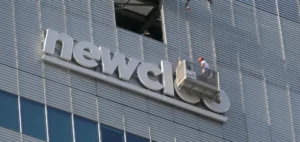The Czech energy group CEZ announced that it has received three bids for the construction of a new reactor at its nuclear power plant in Dukovany (200 km southeast of Prague), one of the two plants in the Czech Republic.
The American-Canadian group Westinghouse, France’s EDF and Korea’s KHNP each submitted a bid before the deadline on Wednesday, in this tender estimated at several billion euros.
“We will now analyze the documents very thoroughly and submit them by the end of 2023 for a final assessment (…) We are working intensively on all the necessary preparations to be able to launch the new reactor in 2036″, said Daniel Benes, the CEO of the CEZ Group.
Like the Temelin plant, the Dukovany plant is of the Soviet type.
The first nuclear reactor was commissioned in 1985.
“The tender for the completion of the Dukovany nuclear power plant is the largest investment in the history of the Czech Republic, which is also absolutely essential for strengthening the energy security of our country,” said Czech Minister of Industry and Trade Jozef Sikela, noting that his colleagues “are examining the reference projects of bidders (completed) all over the world.”
This call for tenders had also aroused the interest of the Russian group Rosatom and the Chinese group CGN, which were finally rejected by the Czech authorities “for security reasons”.
In early November, the Westinghouse group won a tender to build the first nuclear power plant in neighbouring Poland, for about $20 billion, against bids from the same competitors, EDF and KHNP.





















